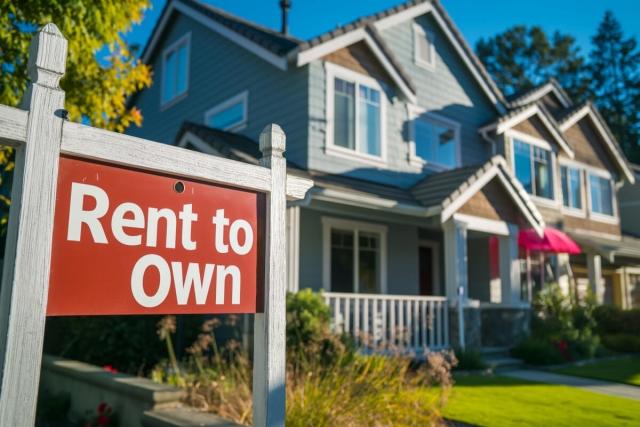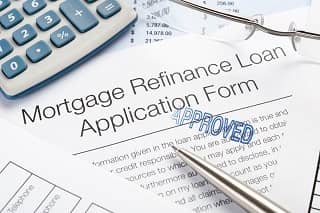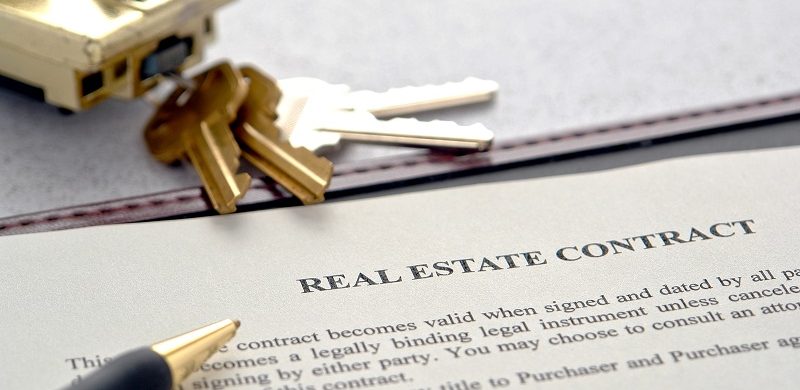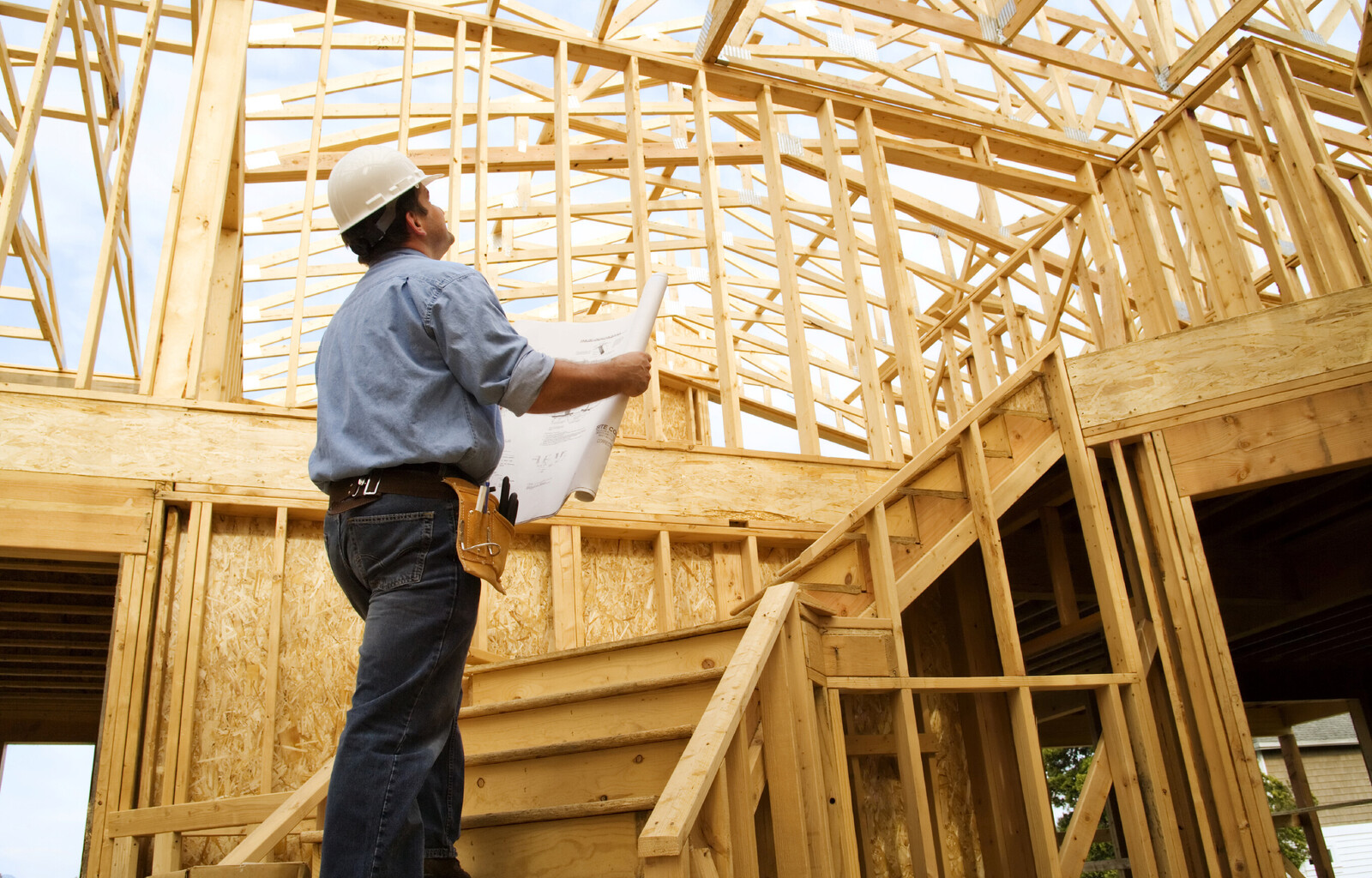Home Inspection 101: What Buyers Should Know Before the Appointment
Home Inspection 101: What Buyers Should Know Before the Appointment
Buying your first home is exciting—but it can also come with a lot of new terms and steps you’ve never experienced before. One of the most important (and often misunderstood) parts of the process? The home inspection.
Let’s break down exactly what a home inspection is, why it matters, what to expect, and how to handle what comes next—so you can feel confident and in control every step of the way.
What Is a Home Inspection?
A home inspection is a non-invasive evaluation of a property's condition, performed by a licensed professional. It typically takes place shortly after your offer is accepted, and before you finalize the sale.
Think of it as your chance to make sure the home is safe, sound, and structurally solid—before you commit to one of the biggest purchases of your life.
What Does a Home Inspector Look At?
Here’s a quick list of what’s typically checked during an inspection:
-
Roof, gutters, and exterior
-
Foundation and structure
-
Electrical system
-
Plumbing system
-
Heating & cooling systems (HVAC)
-
Attic and insulation
-
Windows and doors
-
Appliances
-
Signs of water damage, mold, or pests
💡 Heads up: Inspectors don’t usually move furniture, open walls, or inspect pools, septic tanks, or radon (unless specifically requested). If you want additional inspections (like radon testing or chimney checks), let your agent know!
How Long Does It Take?
A typical home inspection takes 2–4 hours, depending on the size and condition of the home. As your agent, I always recommend you attend (or at least stop by), especially if you’re a first-time buyer. It’s a great opportunity to learn more about your future home and ask questions on the spot.
What Happens After the Inspection?
You’ll receive a written report (usually within 24–48 hours) outlining the inspector’s findings. It might be a little overwhelming—almost every report includes a long list of notes. Don’t panic! Not every item is a dealbreaker.
You Have a Few Options:
-
Move forward with confidence
-
Request repairs or seller concessions
-
Walk away (depending on your inspection contingency)
We’ll talk it all through together and decide on the best course of action based on the severity of any issues.
Pro Tips for First-Time Buyers
-
Don’t skip it. Even in a hot market, a home inspection is your protection plan.
-
Be present. If you can, go to the inspection and follow the inspector around—it’s like a homeownership crash course.
-
Focus on major systems. Cosmetic issues (like paint or small cracks) are common. Focus on things like the roof, electrical, and foundation.
-
Ask questions. There are no dumb questions—this is YOUR home. Get clarity on anything that feels confusing.
Final Thoughts
A home inspection can feel a little intimidating, but it’s really just a chance to get to know your future home before making it official. And you don’t have to navigate it alone—when you work with me, I’ll guide you through each step, help you understand the report, and advocate for your best interests the whole way.
Categories
Recent Posts










GET MORE INFORMATION

